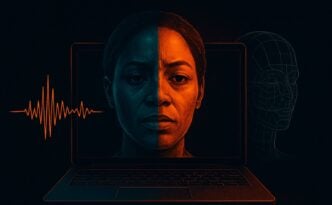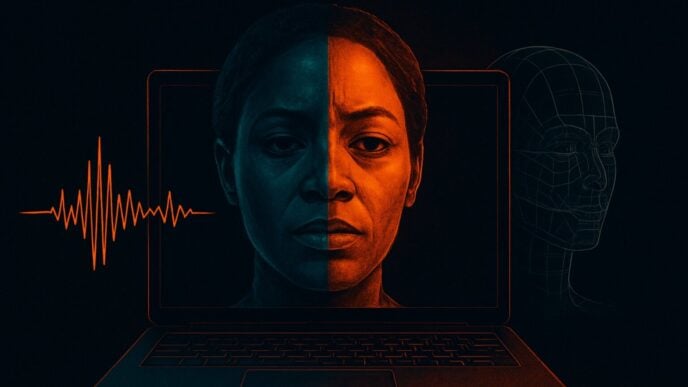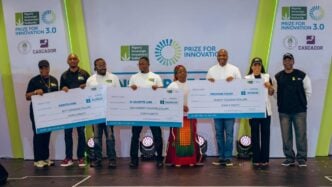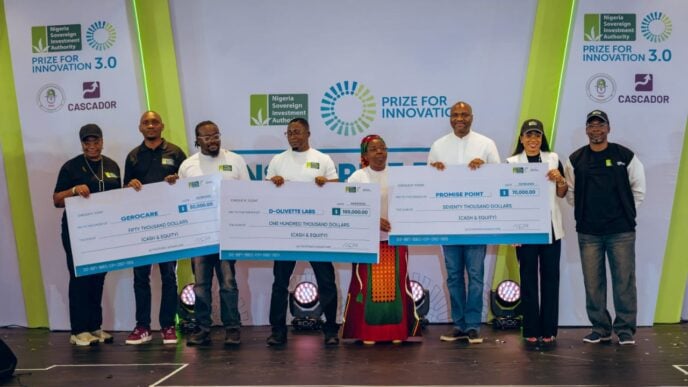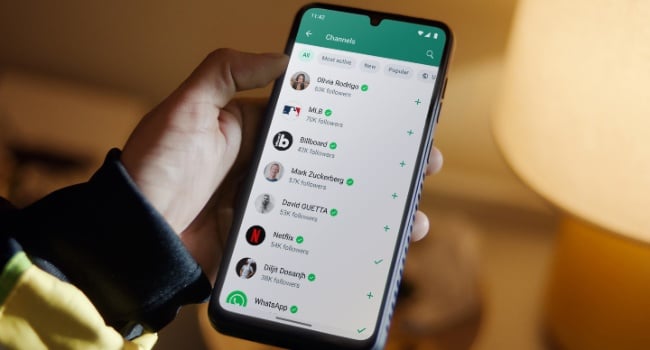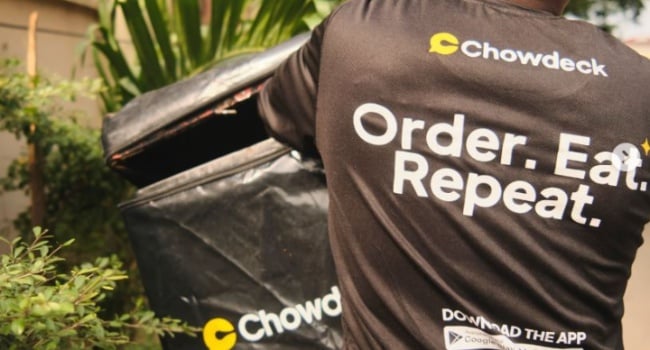Lady in class | File photo
Experts have called for mentorship and stronger support systems to improve the participation and retention of African women in science, technology, engineering, and mathematics (STEM).
The appeal was made during the latest edition of The Toyin Falola Interviews, a virtual panel discussion hosted by the professor of history.
The latest edition, themed ‘African Women in Science and Technology’, brought together leading voices in research, innovation, and academia.
Wumi Sadik, a Nigerian-American chemist and moderator of the session, said Africa cannot afford to ignore the contributions of women in building its scientific future.
Advertisement
“We must create a continental culture that celebrates, supports, and funds women in STEM not as exceptions, but as the rule,” she said.
Catherine Ngila, acting executive director of the African Academy of Sciences, said although the continent once had the world’s highest percentage of female researchers, the numbers are declining, especially at postgraduate and leadership levels.
“We have seen a lot of progress for women. But now, the problems come when we see a downturn in master’s and PhD degrees and women in leadership positions,” she said.
Advertisement
Ngila said continental awards such as the Kwame Nkrumah Scientific Award and the L’Oréal-UNESCO Fellowship helped shape her career, inspiring her to launch a foundation supporting young African women in science.
She also underlined the need to help women overcome impostor syndrome.
Veronica Okello, a senior lecturer at Machakos University in Kenya, shared the experience of working in underfunded scientific institutions.
She said a lack of laboratory equipment nearly ended her career before she secured international grants.
Advertisement
“Our innovations must respond to African needs,” Okello said.
Lucie T. Tchouassi, an engineering expert at the New Jersey Institute of Technology, called for culturally sensitive mentorship and peer support in Western institutions to help students find their voices in environments that may not naturally affirm them.

